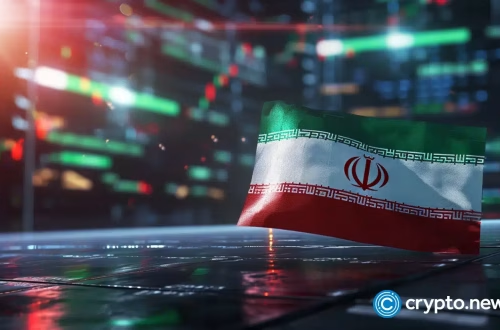Legal Considerations for Selling NFTs Globally
Summary:
Selling NFTs (Non-Fungible Tokens) globally presents unique legal challenges that creators, investors, and platforms must navigate carefully. Laws governing intellectual property, taxation, securities regulations, and consumer protections vary widely by jurisdiction, making compliance complex. This article explores the key legal considerations, including copyright laws, anti-money laundering (AML) regulations, and data privacy concerns. Understanding these is critical for avoiding lawsuits, fines, or operational shutdowns. By staying informed and proactive, NFT sellers can mitigate risks while expanding their global market presence.
What This Means for You:
- Jurisdictional Variances Matter: Different countries classify and regulate NFTs differently—some treat them as securities, others as collectibles. Researching local laws before listing can prevent legal disputes.
- Tax Compliance is Non-Negotiable: Many tax authorities now require reporting NFT sales as taxable income or capital gains. Consult a tax professional to ensure filings align with regional requirements.
- Consumer Protection Laws Apply: Misleading NFT marketing or undisclosed royalties can lead to lawsuits. Always provide clear terms of sale to avoid fraud accusations.
- Future Outlook or Warning: Regulatory scrutiny is increasing globally, with the EU’s MiCA framework and U.S. SEC actions setting precedents. Early compliance prepares you for stricter future regulations.
Explained: Legal Considerations for Selling NFTs Globally
Understanding Jurisdictional Regulations
NFT sellers must recognize that legal definitions of digital assets vary. For instance, the U.S. Securities and Exchange Commission (SEC) may classify certain NFTs as securities if they promise future returns, while the EU’s Markets in Crypto-Assets (MiCA) regulation treats them as unique digital assets. Failing to comply with local laws can lead to fines or bans, especially in strict regions like China, where NFTs are heavily monitored.
Intellectual Property (IP) Rights
Creators must ensure they own or license the IP of the content minted into NFTs. Unauthorized use of copyrighted artwork, music, or brand logos can result in takedowns or lawsuits. Smart contracts should explicitly state ownership terms to avoid disputes.
Anti-Money Laundering (AML) and KYC
Many countries now require NFT platforms to implement Know Your Customer (KYC) and AML checks. The Financial Action Task Force (FATF) guidelines recommend tracking high-value transactions to prevent illicit activities. Non-compliance risks penalties or shutdowns.
Taxation and Reporting
Tax authorities, including the IRS and HMRC, are tightening NFT taxation policies. Sellers may owe income tax, VAT, or capital gains tax depending on residency and transaction volume. Proper record-keeping is essential for audits.
Consumer Protection and Fraud Prevention
Clear refund policies, transparent royalty structures, and accurate metadata are critical to avoid legal action. The U.K. and Australia, for example, enforce strict consumer rights for digital purchases.
Data Privacy Concerns
GDPR in Europe and CCPA in California impose strict data handling rules. NFT platforms storing user data must ensure encryption and consent protocols to avoid breaches and lawsuits.
People Also Ask About:
- Do I need a lawyer to sell NFTs? While not mandatory, legal counsel helps navigate contracts, IP rights, and jurisdictional issues. Small creators can start with template agreements but should consult professionals for high-value sales.
- Can NFTs be taxed as securities? Yes, if they promise profits from a third party’s efforts (e.g., celebrity-endorsed collections). The Howey Test in the U.S. often determines this classification.
- What happens if my NFT infringes copyright? Courts can order takedowns, confiscate revenue, or impose fines. Always verify ownership or use CC0/public domain works.
- Are NFTs banned in any countries? China restricts secondary NFT trading, and Iran bans crypto-related transactions. Always check local regulations before launching.
Expert Opinion:
The NFT landscape is evolving rapidly, with regulators playing catch-up. Proactively addressing compliance—especially in IP and AML—reduces long-term risks. Emerging markets like India and Brazil are drafting NFT-specific laws, signaling increased global oversight. Sellers should prioritize transparency and adaptability to thrive amid changing policies.
Extra Information:
- SEC Statement on Digital Assets – Clarifies U.S. securities laws applicable to NFTs.
- EU MiCA Regulation – Outlines upcoming EU-wide crypto asset rules, including NFTs.
Related Key Terms:
- NFT copyright laws for international sellers
- Tax implications of NFT sales in Europe
- How to comply with AML for NFT marketplaces
- Securities regulations for NFTs in the U.S.
- Data privacy requirements for NFT platforms
#Legal #Considerations #Selling #NFTs #Globally #Complete #Compliance #Guide
Featured image generated by Dall-E 3





